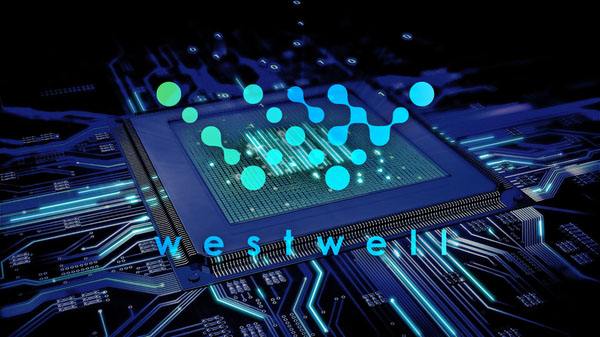Xijing Technology won the Foshan A-Fu A round of financing: brain-like AI chips will become the next explosion point
The brain-like artificial intelligence startup company west well Xijing Technology has obtained the A round of financing from Fosun Tonghao Investment, and this round of financing will be used for technology research and development.
Founded in January 2016, Xijing Technology focuses on the platform research and commercial application development of chips + algorithms for brain-like artificial intelligence. According to third-party data, in January 2016, Xijing Technology received millions of dollars of angel round financing from PreAngel and Yuying Capital Investment; in November of the same year, it obtained pre-A of 10 million yuan from Yuanzheng Investment and Heli Investment. Round financing.
According to Tan Limin, founder and CEO of Xijing Technology, Xijing Technology currently employs about 50 people, including nearly 40 R&D personnel. The R&D team consists of laboratories from Imperial College, Oxford University, Marseille Central Institute of Technology, and University of California at Berkeley. A post-doctoral, doctoral, and master's degree graduated from the intelligent major. "Every step forward is the result of our joint efforts."

At present, Xijing Technology has launched its own research and development of a 10 billion-scale neuron human brain simulation simulator (Westwell Brain) and commercially available 50 million brain neuron chips (Deep South). The former is a software and hardware platform for SNN pulse neural network and deep learning; the latter is a deep learning processor. In September 2016, Xijing Technology released Deep South to successfully achieve the world's first "on-chip learning."
In terms of application, Tan Limin said that Westwell Brain is similar to the flight simulator that pilots need to train before the sky, but it is only used in different fields. Westwell Brain can help humans to more clearly and intuitively study some of the human brain such as Parkinson's syndrome and Alzheimer's disease by receiving medical brain neuron pulse discharge data to present the pulse shape of the human brain in a more intuitive way. When the symptoms are collected, the pharmacological or therapeutic data is collected and fed back to the brain simulation simulator to test the area and effect of the drug and treatment. Currently, it has entered into strategic cooperation with bioreagent supplier ABR.
Robot Calibration Solution
Robot Calibration
Automated Precision Inc. , https://www.apiasean.com